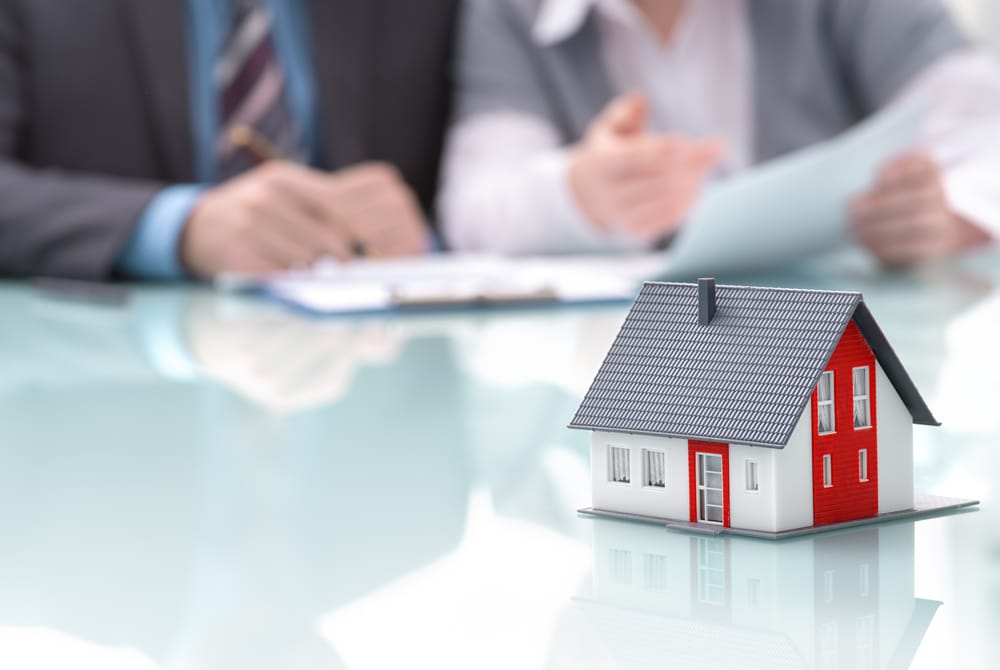If you are looking to venture into real estate in Africa, then Morocco is one of the countries on the continent you might want to consider. The nation is already preparing to host the Africa Cup of Nations (AFCON) in 2025, with several construction projects under development.
This guide dives deep into the Moroccan real market market. Keep reading to understand the procedure of buying property in this African country. Moreover, you will learn the benefits of being a Moroccan property owner.
What are the Benefits of Investing in Moroccan Real Estate as a Foreigner?
📈🤖 Unlock unparalleled trading potential with GPT Stocks Master AI! Revolutionize your portfolio, leveraging real-time insights and predictive analytics. Don’t miss out – step into a world where precision and profitability meet. Ready to transform your trading journey? Click “Master My Trades” now for your exclusive access! ✨🚀📊
Buying property in Morocco comes with several benefits. Some of them include:
High ROI (Return on Investment) – The property value in Morocco has been on the rise over the past five years. Furthermore, the housing demand has grown massively thanks to economic growth.
Diverse Investment Opportunities – Moroccan real estate allows you to invest in various types of property, thus making diversification possible.
Government Policies – The Moroccan government implements a simplified home-buying process, removing unnecessary hassles for foreign investors. What’s more, there are several tax incentives for foreign investments.
Booming Tourism Sector – Morocco hosts millions of tourists every year. That means high demand for holiday rentals.
What are the Challenges of Investing in Moroccan Real Estate
While investing in real estate in Morocco comes with several exciting opportunities, it has its own set of challenges that foreign investors should know about. For instance, cultural and language barriers can be daunting for foreigners. This calls for the need to hire a local, professional real estate agent to help you communicate effectively with the property sellers.
Further, it might not be easy to understand the Moroccan political and economic landscape, which has a high probability of causing a massive impact on your real estate investment. Fortunately, with the help of a real estate agent, you can familiarise yourself with all aspects that are likely to affect your investment.
The Process of Investing in Moroccan Real Estate as a Foreigner
Here are the steps that need to be followed to buy property in Morocco:
Define Your Investment Goals
Firstly, you must understand your investment goals, as they will help determine whether you want to buy commercial or residential property.
Market Research
Before buying property, you need to carry out thorough research to understand market trends and identify areas that have a high potential for growth in the future.
Financial and Legal Due Diligence
Before you enter into a sale agreement with any seller, it is vital to verify the titles associated with the property, along with legal obligations. Also, assess the financial benefits and risks of the property you wish to purchase.
Negotiation and Acquisition
After identifying your ideal property and completing due diligence, the step that follows is negotiation. Discuss the terms of purchase and price with the seller to make sure they are in line with your investment objectives.
Navigate Regulatory Requirements
When buying property in Morocco, you are expected to comply with the stipulated regulations. One of the rules involves registering your investment with the relevant authority.
Complete Your Purchase
How do you wish to finance your purchase? If you do not have cash, you can seek loans from local banks or even private lenders. Understand the loan terms to ensure they favour your investment plan.
Types of Properties Available for Investment in Morocco
As mentioned earlier, Moroccan real estate allows foreign investors to diversify their investment portfolios as it offers different types of properties. Some of the properties you can invest in include:
Residential properties: You can invest in modern apartments, mostly found in city centres.
Commercial real estate: Here, you can find retail outlets, hotels, office spaces, and resorts.
Mixed-use developments: These properties combine commercial and residential spaces. They are usually found in urban areas.
Coastal properties: They are located along the Atlantic and Mediterranean coasts.

